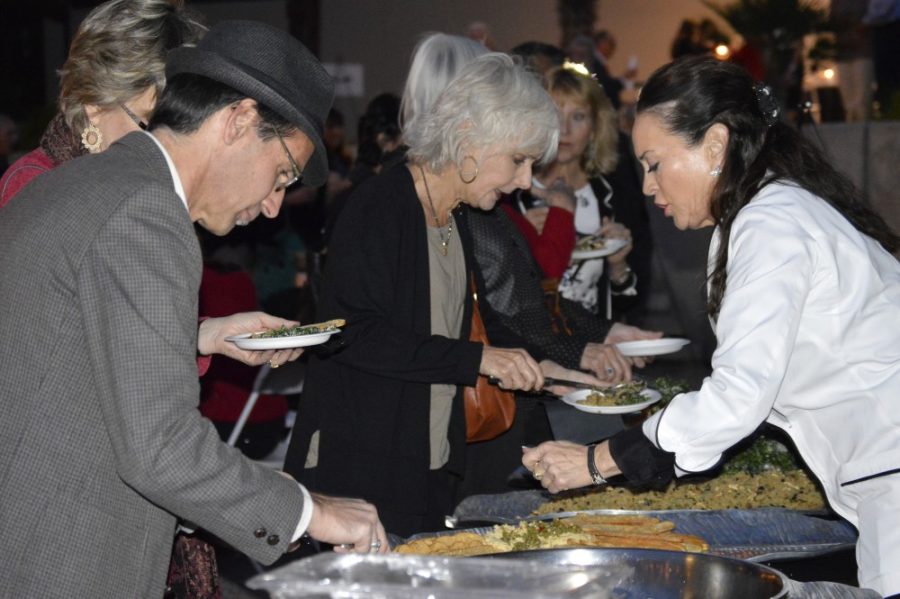The benefits of the Mediterranean diet will be the primary topic of discussion at the 2015 Research Frontiers in Nutritional Sciences Conference hosted by the department of nutritional sciences in the College of Agricultural and Life Sciences from Wednesday to Friday.
Melanie Hingle, assistant professor for the department of nutritional sciences, said that even though it is called a diet, the Mediterranean diet is actually a dietary pattern.
“It’s not a strict diet in the sense if you’re thinking calories and servings,” Hingle said. “This is more an overall pattern of eating. There is research suggesting that independently and in combination, the components of the diet have significant health benefits and disease-prevention properties.”
Hingle said there is research that shows the Mediterranean diet, if eaten consistently, can prevent things like heart disease, Type 2 diabetes, Alzheimer’s disease, Parkinson’s disease. She said there is no single element or aspect of the diet that works, but that she thinks it is the combinations of foods characteristic of the Mediterranean diet. These include olive oil, fruits and vegetables, whole grains, beans and nuts, seafood and moderate red wine consumption.
Donato Romagnolo, a professor in the department of nutritional sciences, said the full conference is open to anyone who wants register and composed of two events: opening night on Wednesday and the scientific conference today and Friday.
“Wednesday night, we have an opening event at the Tucson Museum of Art, and there we are going to feature five chefs from Arizona, including the chef at the [UA], a chef representing the Spanish cuisine, another one representing the Greek cuisine, one representing French and another one representing the Italian,” Romagnolo said.
The scientific conference today and Friday will be broken down into four main focus topics: Mediterranean pyramid and regional trends; obesity, diabetes and healthy aging; cancer prevention and control; and translating science to the plate, according to the program agenda.
“A big question that we ask is, what can we learn from the Mediterranean diet?” Romagnolo said.
Romagnolo said there will be a panel at the conference to answer this question, including speakers from Greece, France and Spain, as well as from the U.S. Department of Agriculture, the National Cancer Institute, Duke University, the University of Maryland, California Polytechnic University and the UA.
“I’m happy to say that the conference is also supported by a grant from the U.S. Department of Agriculture,” Romagnolo said.
“We made a proposal, it was reviewed by a scientific panel and we are very happy that this conference was selected for funding.”
Michael Omo, senior executive chef in the production kitchen of the Student Union Memorial Center, said he became involved with the conference partially because it is part of his job, but also because he finds the Mediterranean diet interesting.
Omo said that, in addition to showcasing some Mediterranean items at the opening reception and overseeing breakfast and lunch at the conference on Friday, he will be doing a cooking demo with locally grown food.
_______________
Follow Brandi Walker on Twitter.









